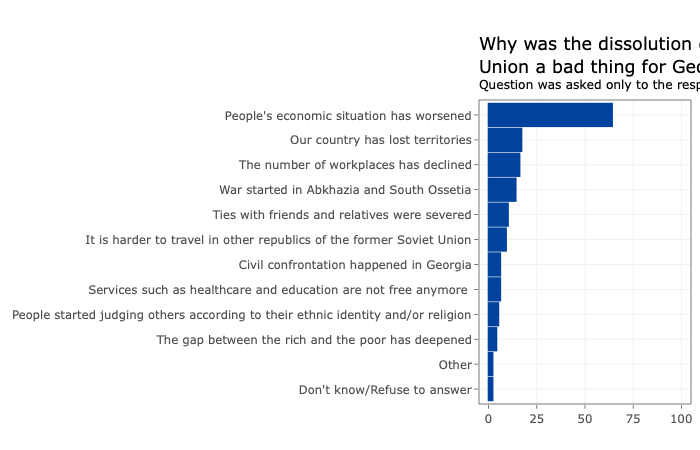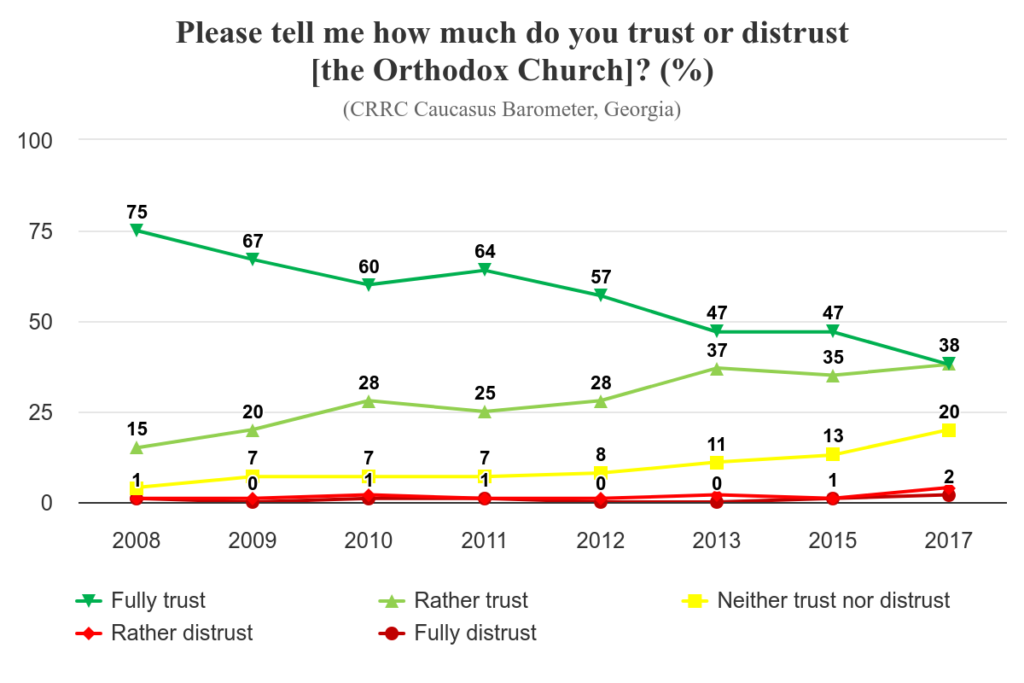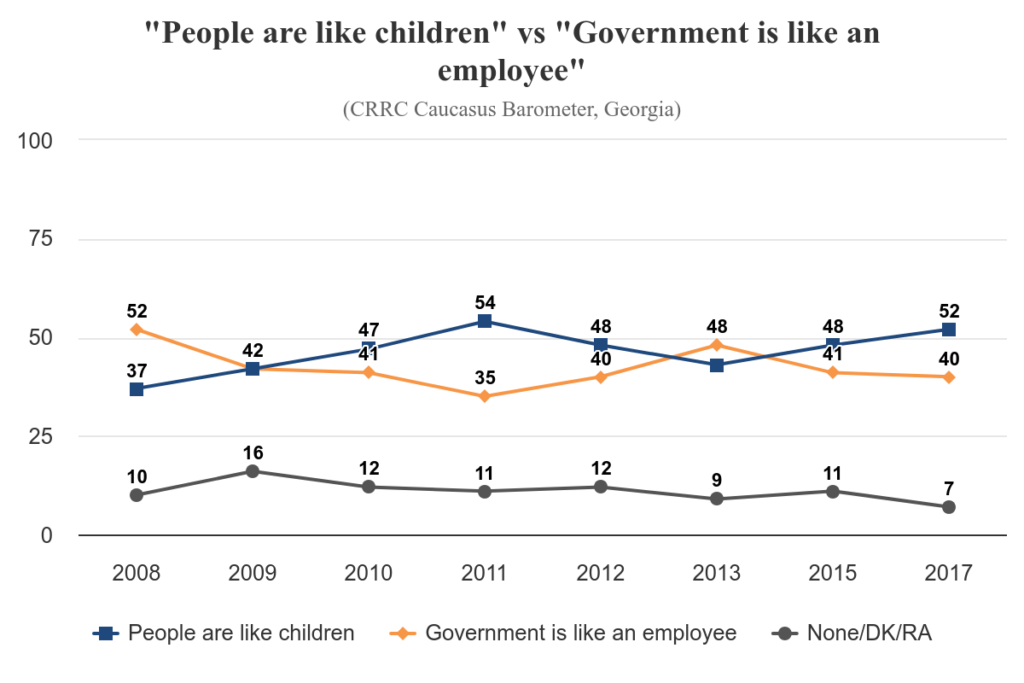
Several surveys in recent years suggest that close to half of the Georgian public considers the dissolution of the USSR a bad thing. After nearly 30 years since gaining independence, why do so many Georgians look back with nostalgia towards the Soviet Union? Reasons for…


